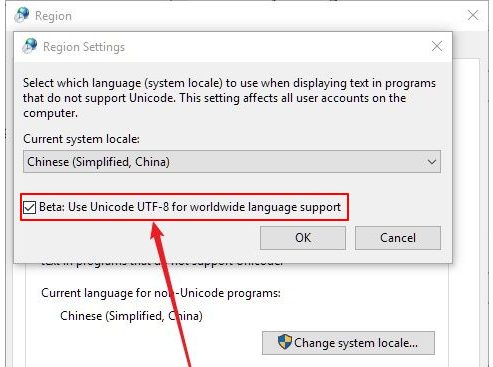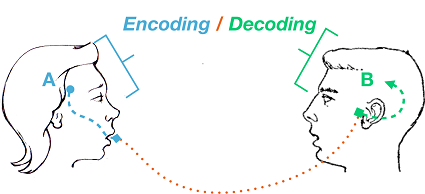
To calculate the maximum array size, you call the GetMaxByteCount method.I understand your frustration here but this is one of the changes which is fairly risky: there is very little to gain by changing this - if we shipped 1st version of. To calculate the exact array size required by GetBytes to store the resulting bytes, you call the GetByteCount method. Int bytesEncodedCount = utf8->GetBytes( chars, 0, 13, bytes, 0 ) Ĭonsole::WriteLine( " bytes used to encode characters.", bytesEncodedCount) Int byteCount = utf8->GetByteCount( chars->ToCharArray(), 0, 13 ) The following example uses the GetBytes method to encode a range of characters from a string and stores the encoded bytes in a range of elements in a byte array. See alsoĮncoderFallback is set to EncoderExceptionFallback. The GetBytes method does not prepend a preamble to the beginning of a sequence of encoded bytes.
#System text encoding utf8 series#
Inserting the preamble at the beginning of a byte stream (such as at the beginning of a series of bytes to be written to a file) is the developer's responsibility. To ensure that the encoded bytes are decoded properly when they are saved as a file or as a stream, you can prefix a stream of encoded bytes with a preamble. The GetByteCount method generally allocates less memory, while the GetMaxByteCount method generally executes faster. To calculate the maximum array size, you call the GetMaxByteCount method.


NET)ĮncoderFallback is set to EncoderExceptionFallback. Override this.GetBytes : nativeptr * int * nativeptr * int -> int ParametersĪ fallback occurred (for more information, see Character Encoding in. Override this.GetBytes : nativeptr * int * nativeptr * int -> int Public override int GetBytes (char* chars, int charCount, byte* bytes, int byteCount) Override int GetBytes(char* chars, int charCount, System::Byte* bytes, int byteCount) The GetBytes method does not prepend a preamble to the beginning of a sequence of encoded bytes.Įncodes a set of characters starting at the specified character pointer into a sequence of bytes that are stored starting at the specified byte pointer.


In this case, or if the amount of data is so large that it needs to be divided into smaller blocks, use the Decoder or the Encoder returned by the GetDecoder method or the GetEncoder method, respectively. Without error detection, invalid sequences are ignored, and no exception is thrown.ĭata to be converted, such as data read from a stream, might be available only in sequential blocks. With error detection, an invalid sequence causes this method to throw an ArgumentException exception. To calculate the maximum size, you call the GetMaxByteCount method. To calculate the exact size required by GetBytes to store the resulting bytes, you call the GetByteCount method. The actual number of bytes written into bytes. The span to contain the resulting set of bytes.


 0 kommentar(er)
0 kommentar(er)
